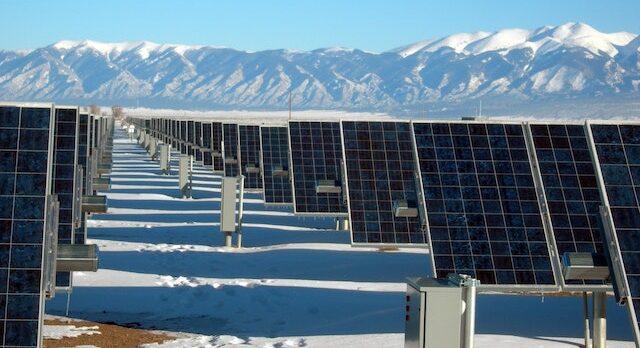There are pros and cons to solar energy, but it’s definitely a viable alternative for the environment. The sun produces energy on the earth only when it’s shining, which makes it limited to daytime hours. On top of that, it requires a substantial amount of land and rare materials. In addition, solar energy is currently expensive in some markets. But it’s also a growing industry and cost competitive with fossil fuels.
The main pro of solar is the savings you can expect from the electric bill. Most states now require utilities to offer net metering. Under this program, homeowners can sell surplus energy back to their utility, which will be added to their electric bill as a credit. The disadvantages, however, can’t outweigh the benefits of solar energy. This renewable energy source will increase your property value and protect your family from rising energy prices.
In order to achieve the goal of a carbon-free electric grid, solar energy is required to grow by 30 GWac annually. By 2030, that number would increase to 60 GWac. By 2050, we’d need more than 1,600 GWac of solar to reach zero-carbon grid and electrify end-uses. By 2050, we’d need nearly three trillion kWh of solar energy in the United States, which could be as high as a third of our current power needs.
As long as the sun shines, solar energy can save you money on your energy bills. Depending on how much energy you use and what size your solar system is, you’ll be able to save a large chunk of your monthly utility bill. If you don’t need electricity all day, you could even save up to half the cost of a battery backup system and still have the electricity you need. This could make solar energy a good option for your home.
One of the biggest challenges of solar energy is the cost of the equipment. Solar energy is the cheapest electricity available, but you have to invest a significant amount of money to install it. Solar energy can be a great solution for many people, especially those living in disaster-hit areas. Off-grid buildings are completely independent from public utilities and are able to provide power in a disaster-stricken area. There are many benefits to solar power and it can be beneficial for your budget and your health.
The biggest benefit of solar energy is the environment. Solar energy reduces carbon dioxide and greenhouse gas emissions, which help to preserve our limited resources and keep our planet a healthy habitat. If you’re thinking of investing in solar energy, you should understand the pros and cons. Make sure to weigh these advantages against the potential challenges to your finances. Then you can decide whether solar is the best solution for your home. And don’t forget to ask yourself about your financial commitment before you make a final decision.
